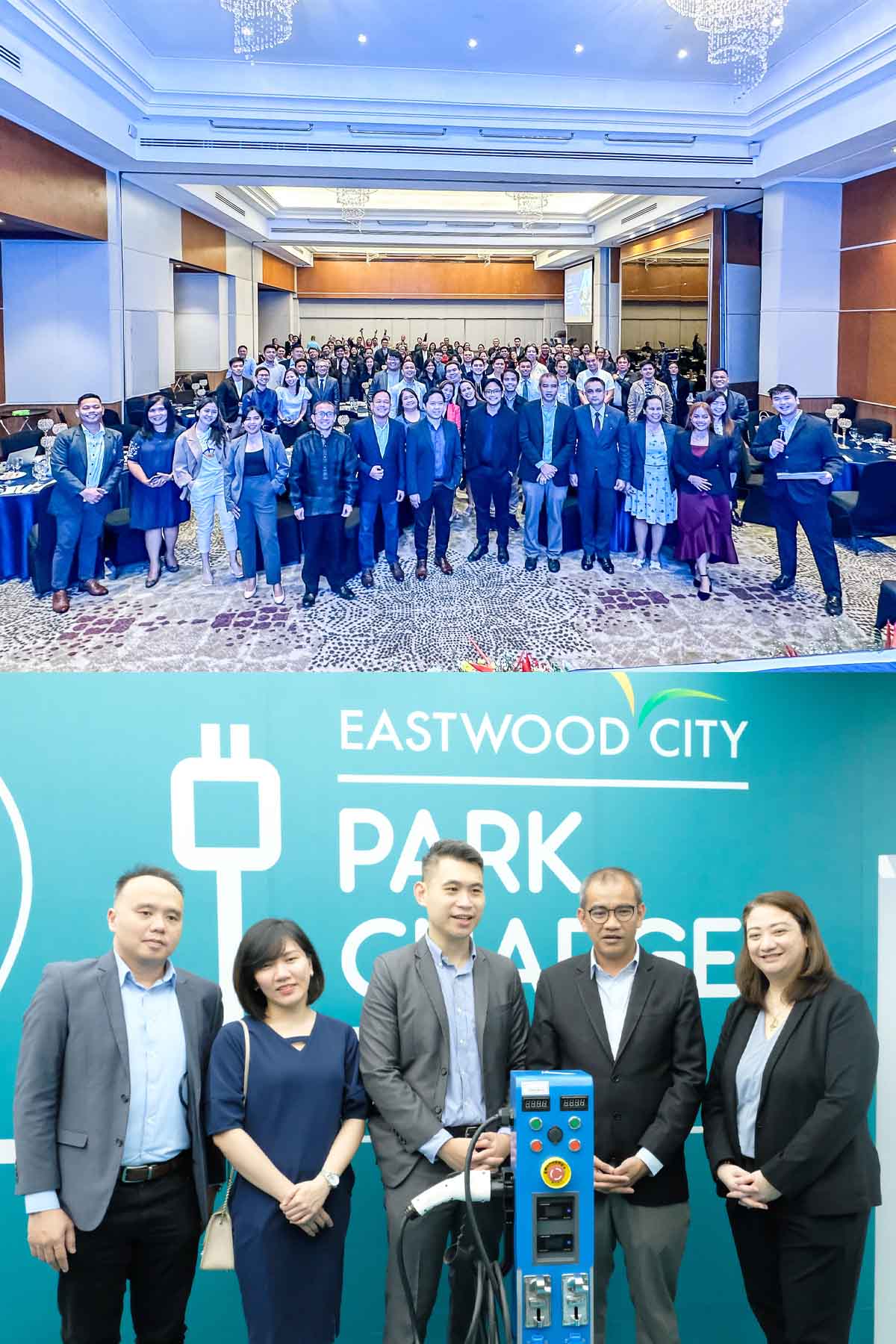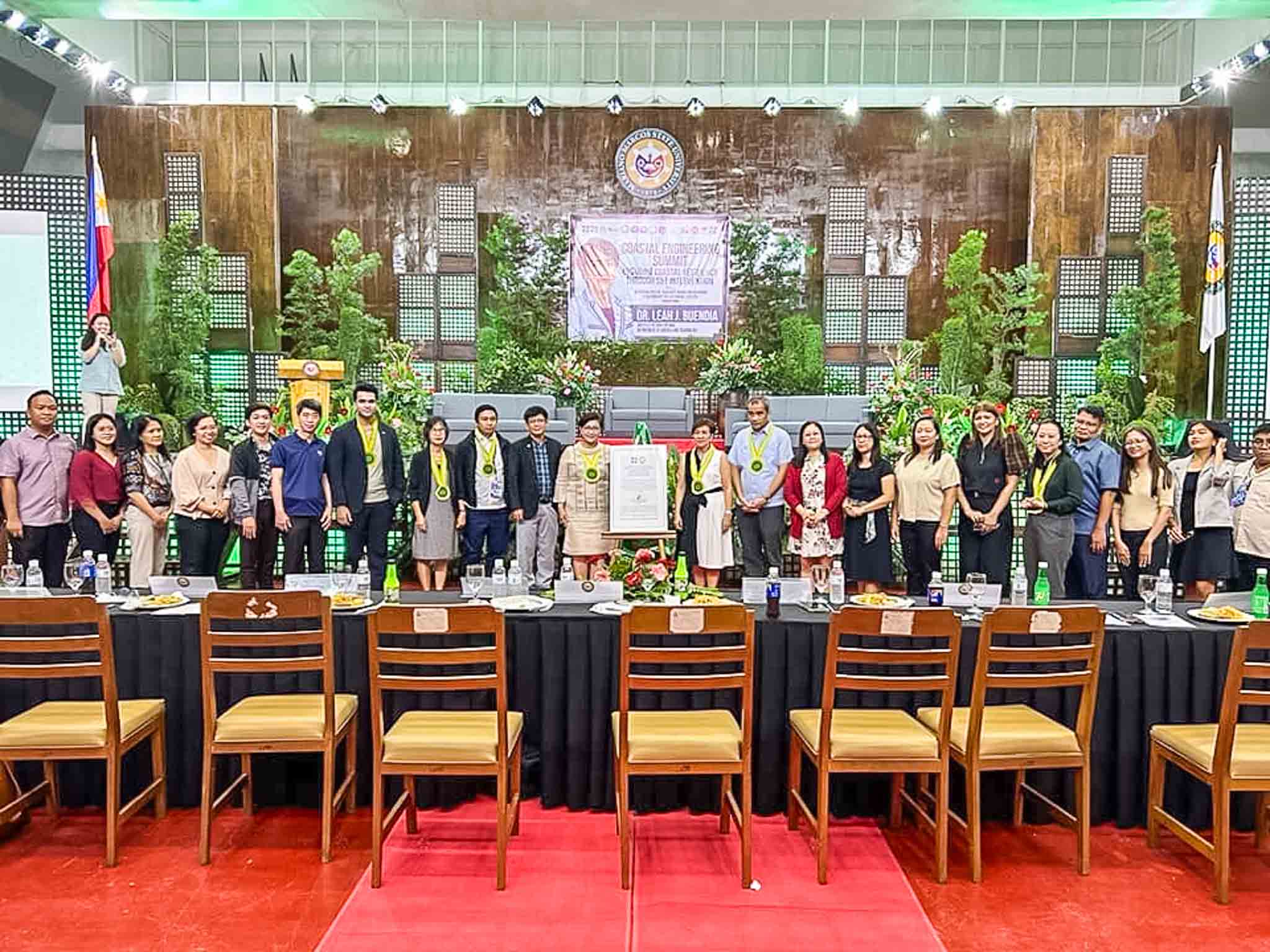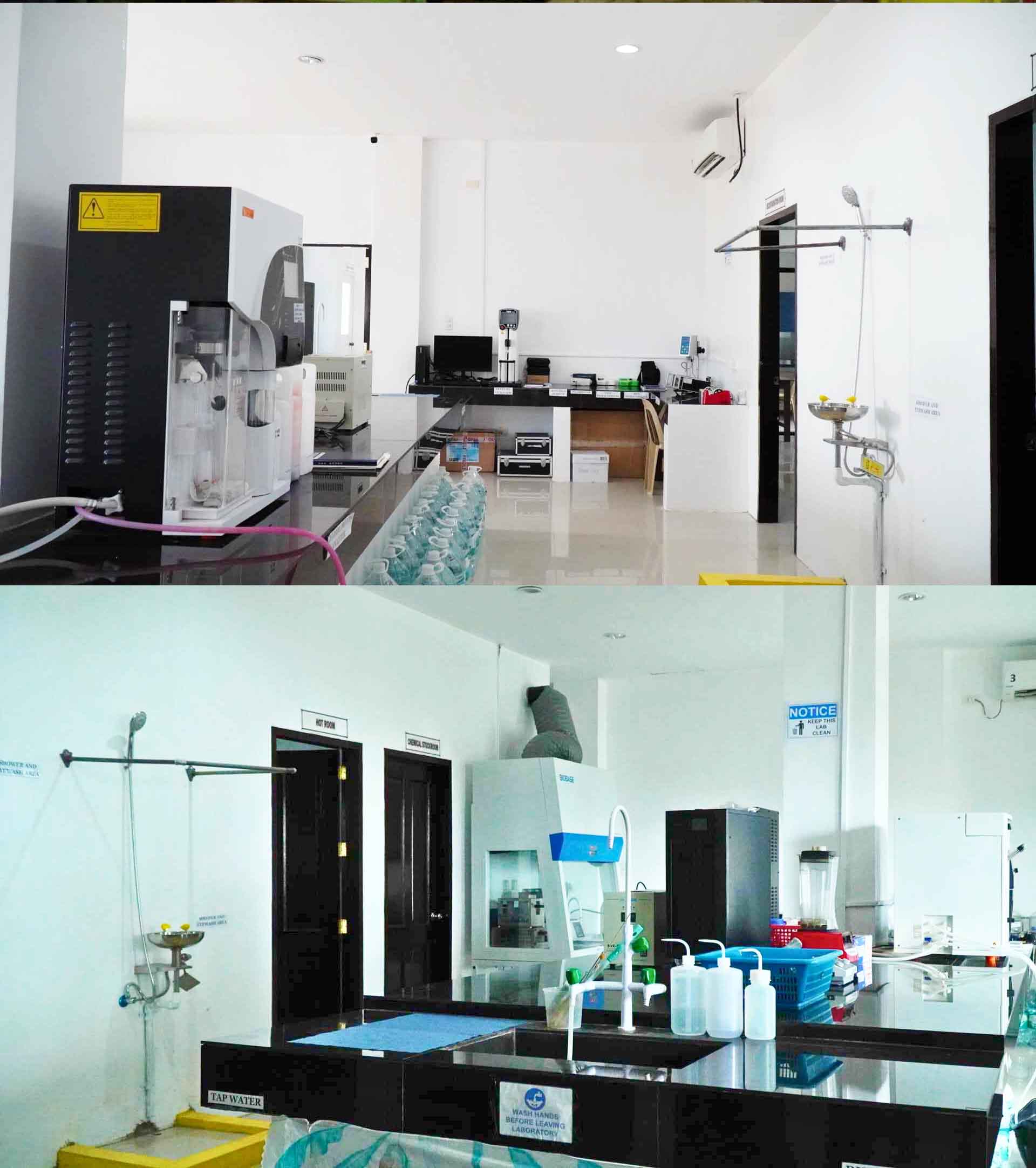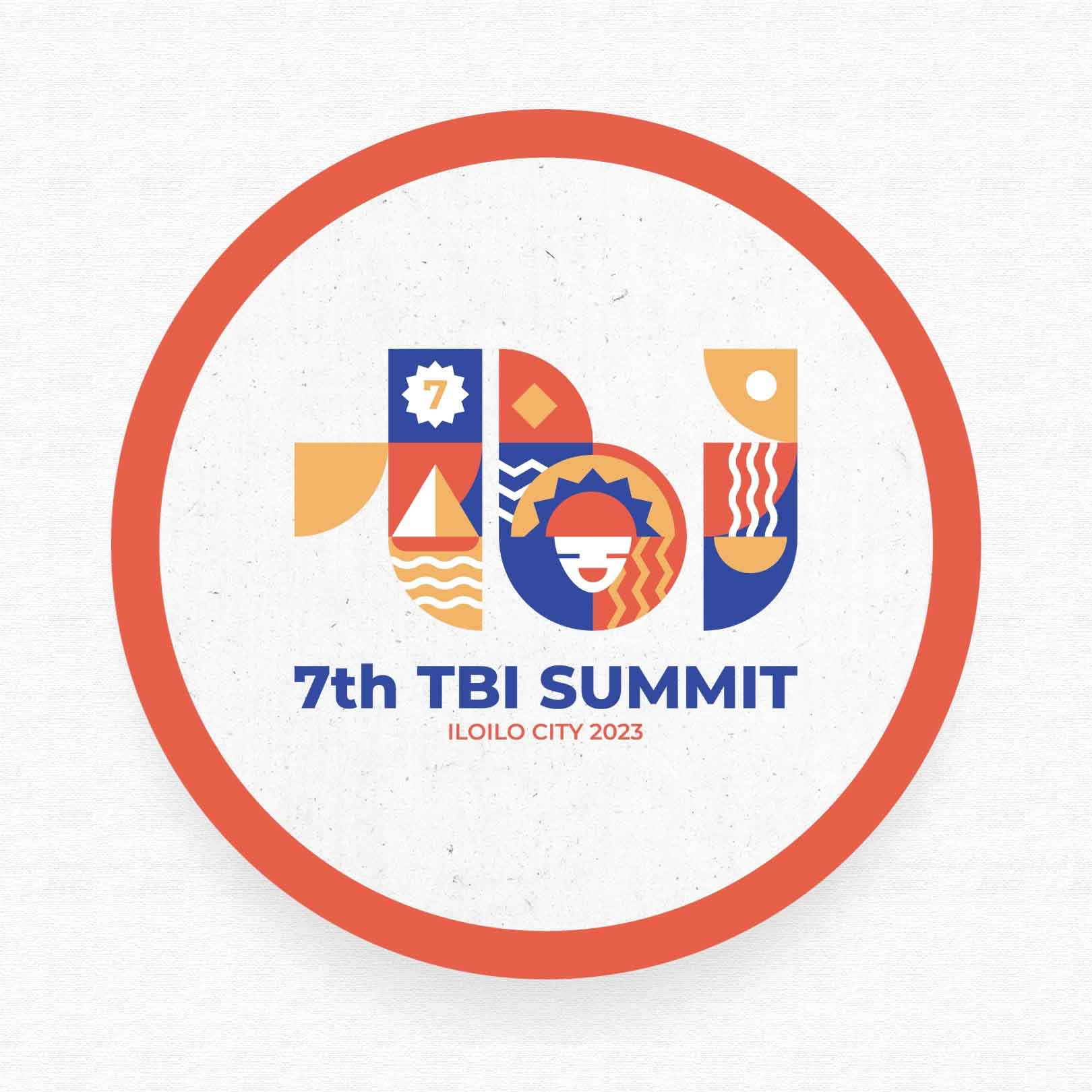To further strengthen the startup ecosystem of the country, the Department of Science and Technology – Philippine Council for Industry, Energy and Emerging Technology (DOST-PCIEERD) invested P120 million, through the Regional Startup Enabler for Ecosystem Development (ReSEED) Program, to support DOST PCIEERD-funded Technology Business Incubators (TBIs) in leading the establishment and formalization of startup ecosystem consortium in each region.
The program aims to reach partners and innovators in the regions in the Philippines to actively participate in the action to bolster and produce startups that are fundable by investors, as well as the government.
Consequently, the ReSEED program has successfully accelerated its first nine (9) consortium to the Growth Track as a part of the established ReSEED stages of development for a regional startup ecosystem. Growth Track supports a consortium to accelerate its growth through the establishment of a 5-year roadmap/strategic plan as well as providing it with access to necessary funding, networks, and capacity building of its members.
The nine (9) Regional Consortium accelerated to the Growth Track are the following:
1. Technological Consortium for Awareness, Readiness and Advancement of Knowledge in Innovation – Cordillera Administrative Region (TARAKI-CAR) represented by the University of Cordilleras
2. Strategic and Collaborative Alliance for Leveraging Ecosystem of Startups in the National Capital Region (SCALE-NCR) represented by Miriam College
3. Synergistic, Innovative and Agile Cagayan Valley Consortium (SINAG-Cagayan Valley) represented by Cagayan State University
4. Start-Up Ecosystem Leveraging on Opportunities and Network for Growth Consortium (SULONG-Central Luzon) represented by Bulacan State University
5. Innovation Consortium South Luzon (ICONS-SOUTH LUZON) represented by the Batangas State University
6. Unified Movement in Western Visayas to Accelerate Startup and Spinoff Development (UMWAD-Western Visayas) represented by the Iloilo Science and Technology University
7. Development and Acceleration Support for Innovation Growth (DASIG-Central Visayas) Consortium represented by Silliman University
8. Mindanao Startup Ecosystem Transformation Consortium (MINDSET-Northern Mindanao) represented by the University of Science and Technology of Southern Philippines
9. Innovation and Development Accelerators Consortium for Startups (IDEAS-Davao) represented by the University of the Philippines Mindanao
Meanwhile, seven (7) new ReSEED consortium have been established to become one of DOST-PCIEERD Regional Startup Enablers Consortia members. These new members will be undertaking the Foundational Track to kickstart a vibrant community of entrepreneurs, investors, mentors, and other stakeholders working together to support the growth and success of startups in the region.
The seven (7) Regional Consortium joining the Foundational Track are the following:
1. Consortium for Sustainability, Innovation, Leadership, Access and Growth (SILLAG-Ilocos) represented by the Department of Science and Technology Regional Office I
2. MIMAROPA Ventures and Innovation Network (MVINET-Region IV-B) represented by the Department of Science and Technology – MIMAROPA Regional Office
3. Bicol Consortium for Regional Startup Enablers (BiCoRSE-Region V) represented by Bicol University
4. Unified Startups and Startup Enablers for Wealth-Creation, Acceleration and Growth (USWAG-Eastern Visayas) represented by Samar State University
5. HERMOSA Zamboanga Peninsula represented by the Department of Science and Technology Regional Office IX
6. Startup Innovation Consortium to Accelerate Development (SICAD SOCCSKARGEN) represented by the Department of Science and technology Regional Office XII
7. Caraga Regional Innovation and Startup Ecosystem Development Consortium (RISED-CARAGA) represented by Caraga State University
PCIEERD and the DOST-PCIEERD Regional Starup Enablers Consortia members sealed a memorandum of Understanding (MOU) to formalize the partnership between parties, on November 21, 2023, in Iloilo City, in line with the celebration of the 2023 Philippine Startup Week.
DOST PCIEERD Executive Director Dr. Enrico Paringit emphasized the need to strengthen regional startup ecosystems to uplift the Philippine economy.
“The key to national development is regional empowerment. Strengthening our startup ecosystems around the country will provide the second wind we need to soar high in the coming years,” he said.







